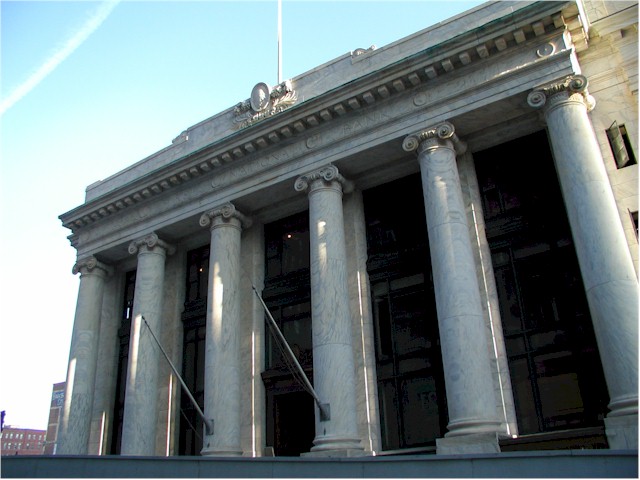The world’s trust in business, government and innovation is falling reports global PR giant Edelman in its 2015 Trust Barometer.
Surveying 27,000 participants around the world, Edelman follows up with questions to what they call ‘informed publics’; 6,000 college-educated followers of business and news media with a household income in their country’s and age group’s top 25%.
Across the board trust in institutions have fallen with nearly 60% of countries falling into the ‘distruster’ category and the news isn’t good for businesses and governments.
That decline in trust is a striking result given the ‘informed publics’ cohort are their country’s middle class and it shows the stresses being felt in affluent groups.
“There has been a startling decrease in trust across all institutions driven by the unpredictable and unimaginable events of 2014,” the company’s release quotes CEO Richard Edelman. “The spread of Ebola in West Africa; the disappearance of Malaysian Airlines Flight 370, plus two subsequent air disasters; the arrests of top Chinese Government officials; the foreign exchange rate rigging by six global banks; and numerous data breaches, most recently at Sony Pictures by a sovereign nation, have shaken confidence.”
Whether the events of 2014 are responsible for the erosion in trust as Edelman claims is up for debate, the decline of trust in innovation indicates the general atmosphere of mistrust is a much bigger issue.
Trusting innovation
Particularly notable is the Australian result where over half the respondents believe innovation is happening too quickly and that it is being driven by greed. Only some, a piddling 14 percent, see innovation as making the world a better place.
Those results are a concern for a country looking at dealing with a high cost economy. At this stage of Australia’s development it’s necessary for industry and society to be implementing new ways of doing business, not looking back to the past.
One shift that marks a change in society is that online search engines are now more trusted than the media outlets that provide the news, that the population trusts algorithms more than journalists is something that should concentrate the minds of newspaper and magazine proprietors.
Regaining trust
Towards the end of the survey Edelman suggests ways businesses and governments can regain the trust of their communities through ethical business behaviour, taking responsibility to address issues, along with having transparent and open business practices
Other opportunities for building trust include listening to customer needs and feedback, treating employees well, placing customers ahead of profit and communicating frequently on the state of the business.
Clearly building trust is the task of all staff but it starts with an organisation’s leaders to ensure ethics and openness are rewarded. In that light it’s not surprising that trust is declining given the way unethical financiers and opaque politicians have been the main beneficiaries of the post crisis economy.
While a time of declining trust means our institutions are under great stress, it also means there are great opportunities as well for smart businesses and leaders. The challenge is to show the ethics and openness that the public is calling for.

Leave a Reply